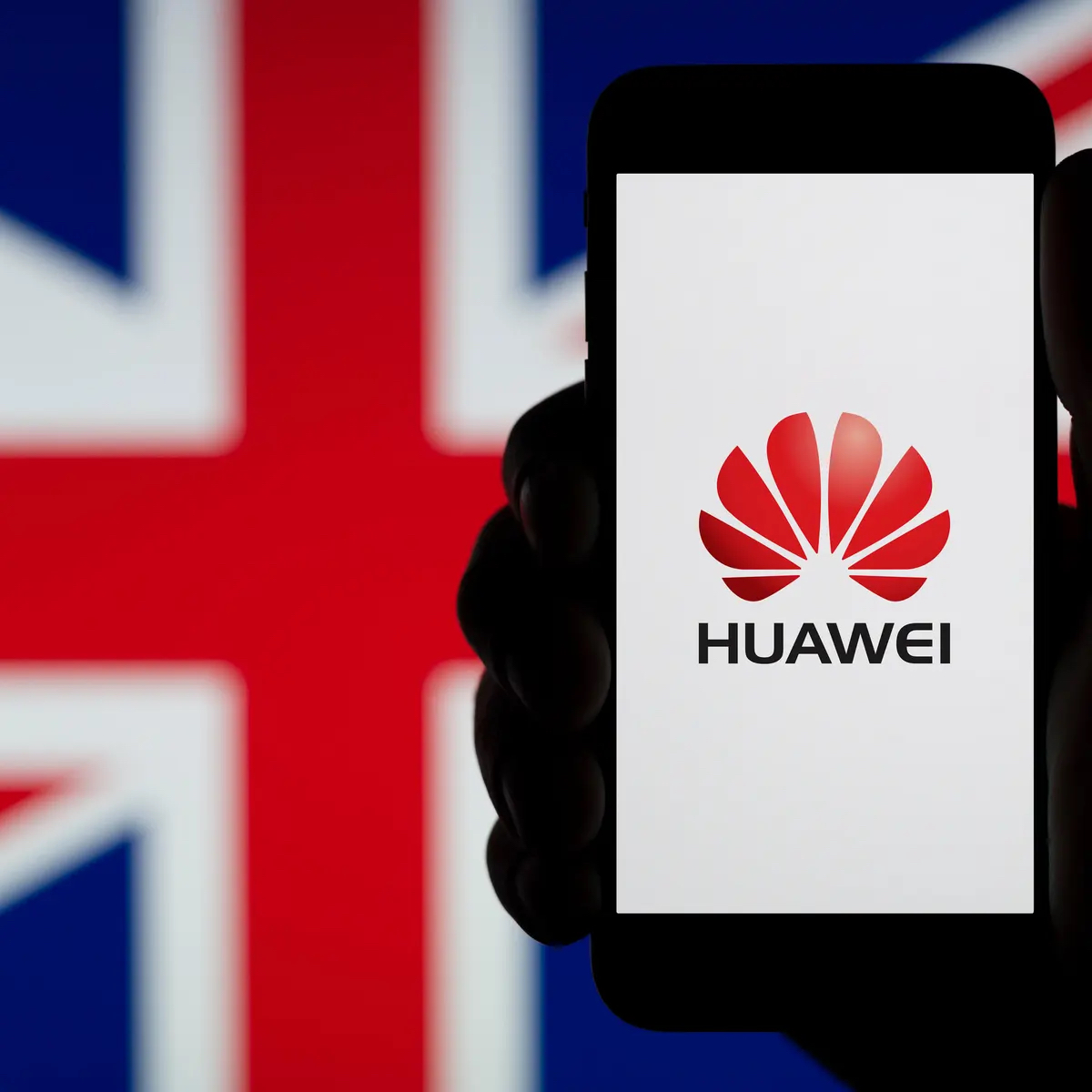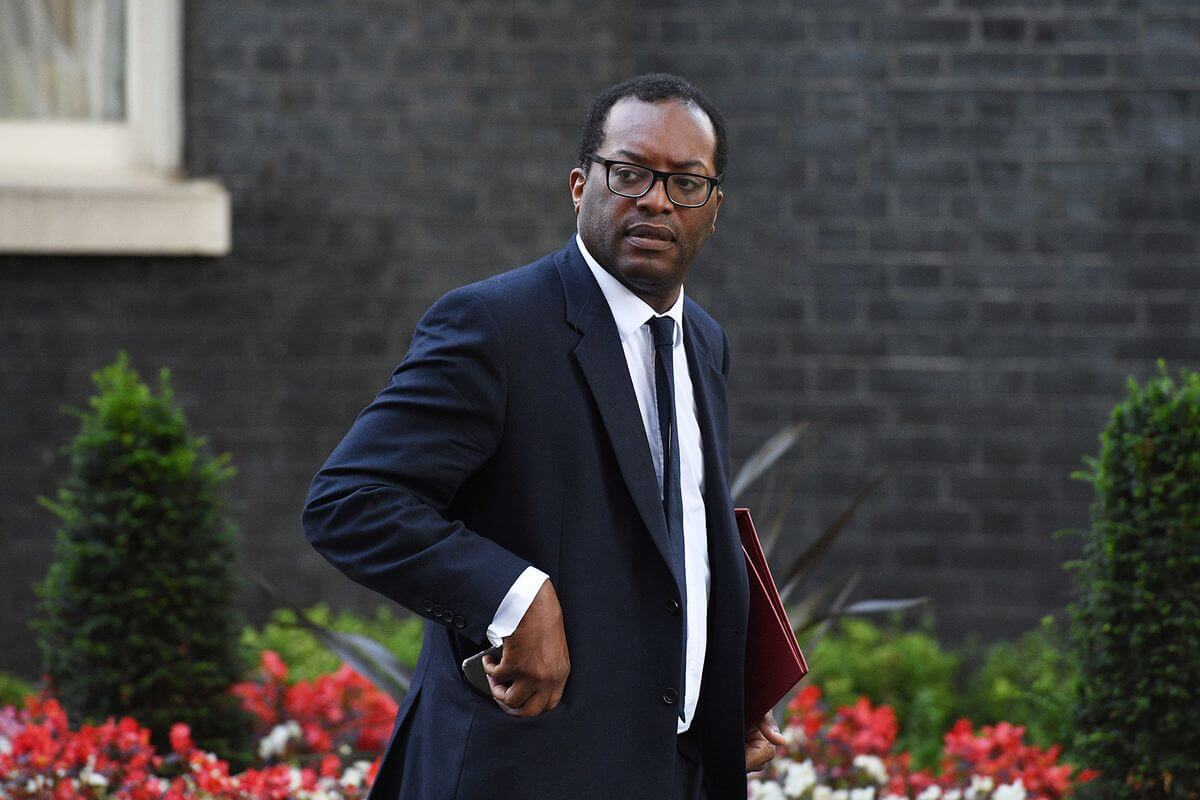The United Kingdom’s (UK) National Security and Investment Act, which has been lauded as the “biggest shake-up” of its national security regime for 20 years, came into effect from Tuesday.
According to a press release by the Department for Business, Energy, and Industrial Strategy, starting Tuesday, the government will be allowed to “scrutinise and intervene” in acquisitions by companies and investors. In addition, the government will be empowered to impose restrictions and conditions on acquisitions and even “unwind or block” any such attempts that threaten national security.
The law will apply to all acquisitions made after November 12, 2020, when it was first presented to Parliament. It aims to set up a “voluntary notification system” to facilitate the provision of information about acquisitions that threaten national security. A deal will be considered worthy of examination at three “trigger points” of acquisition: when a foreign company takes over 25%, 50%, and 75% of a British entity. If the acquisition is deemed to be problematic, the government will have 30 days to review the transaction.
The statement clarified that the government would only step in “rarely” and that most deals “will require no intervention and be able to proceed without delay.” It will only check transactions if there is a suspicion of “false and misleading information.” The press release said the government will keep a close eye on 17 sensitive sectors, including advanced robotics, defence and military technology, civil nuclear, and artificial intelligence.
The act also aims to “give investors additional certainty and clarity” and protect the UK’s reputation of being a promoter of “free trade and investment.” To this end, the government released comprehensive guidance to provide businesses and investors with the necessary information to understand their obligations under the newly enforced law.

Celebrating the Act’s entry into force, Business Secretary Kwasi Kwarteng said, “The new investment screening process in place from today is simple and quick, giving investors and firms the certainty they need to do business, and giving everyone in the UK the peace of mind that their security remains our number one priority.”
However, while the government claims that it seeks to enhance transparency and make the investment process simpler and more efficient, critics argue that it could be used to justify arbitrary meddling in British businesses and force companies to provide unnecessary paperwork.
Reports that the government was deliberating on such a law first emerged in June 2020. The Times reported that Prime Minister Boris Johnson was planning to impose a stringent new law that would compulsorily require local companies to notify the authorities if a foreign company aims to take over its shares. The legislation came amid fears among Conservative leaders, opposition members, and human rights activists that China may use Huawei’s growing control in the British mobile network for surveillance and sabotage. In fact, in July 2020, the government banned British telecom providers from buying Huawei’s 5G equipment.
The concern surrounding Chinese takeovers, particularly in strategically important technology businesses, continues to trouble British lawmakers. This includes smaller transactions such as the recent sale of a semiconductor manufacturer to a Chinese-government-backed Dutch company.

